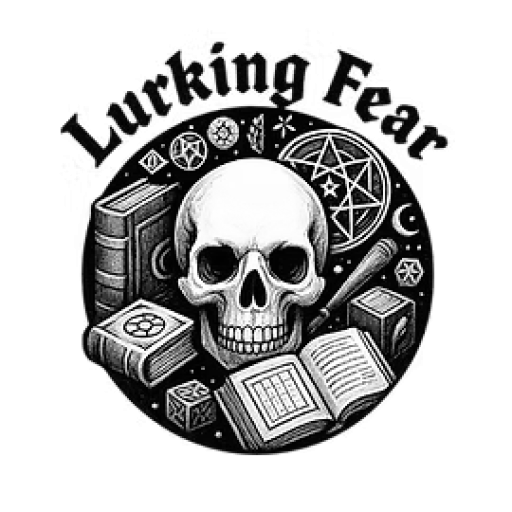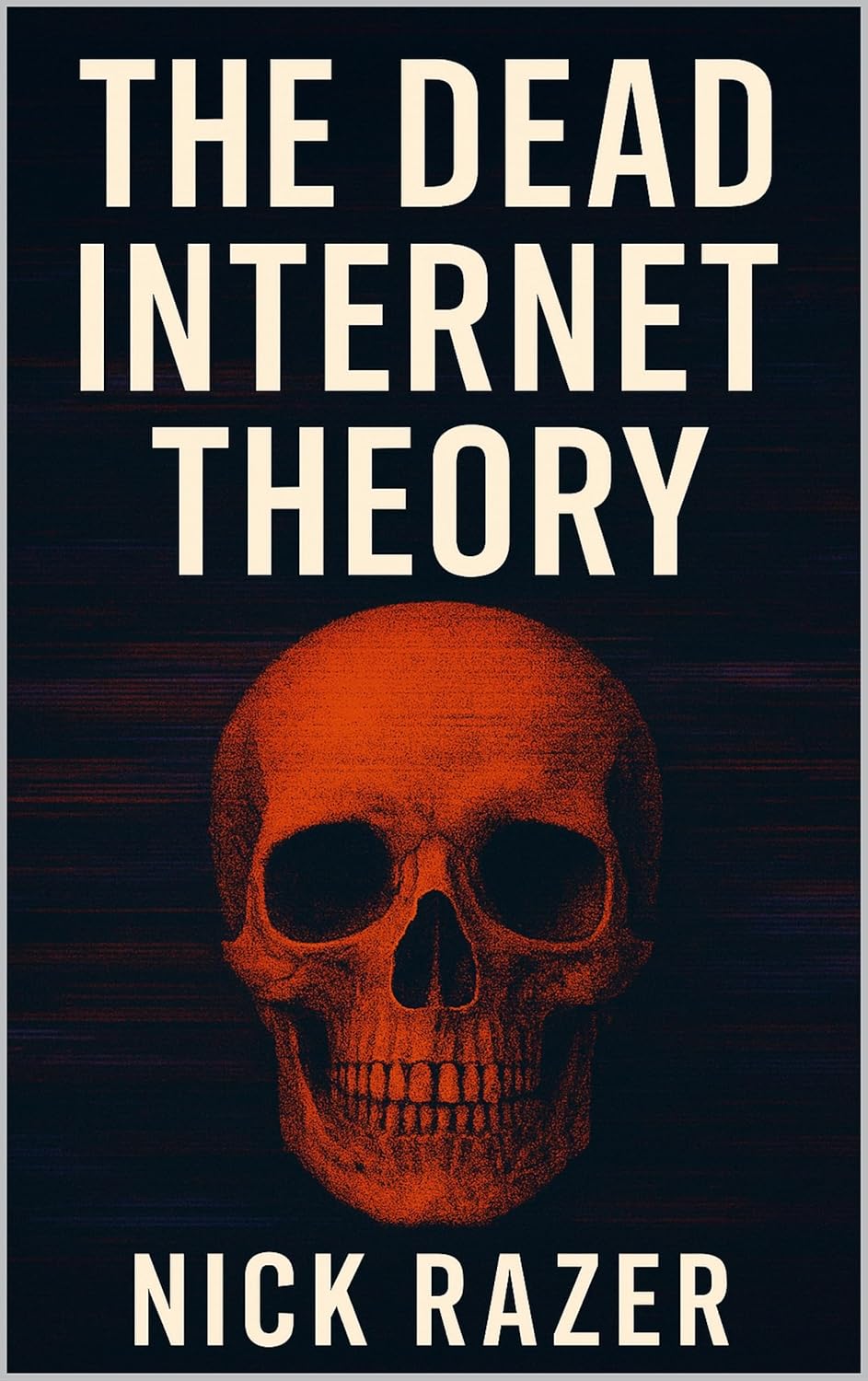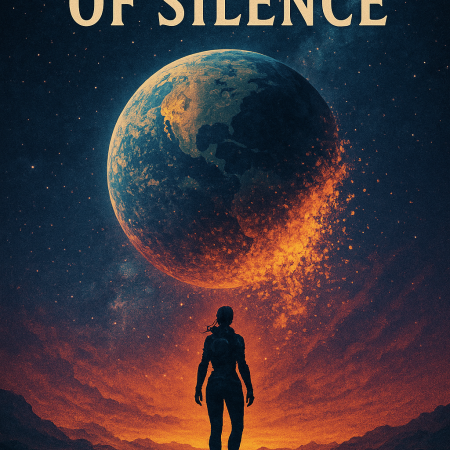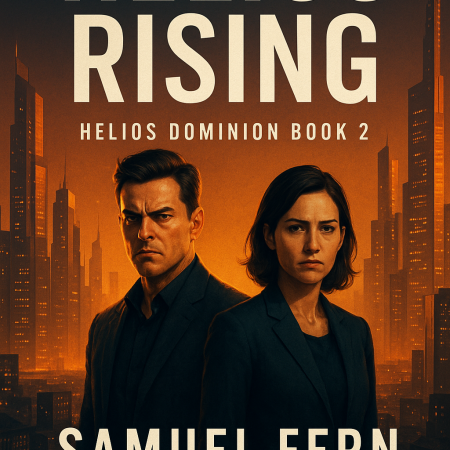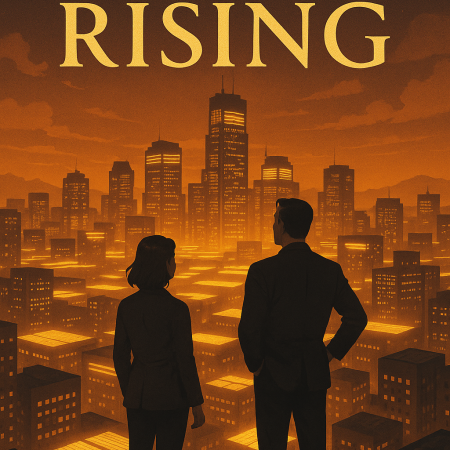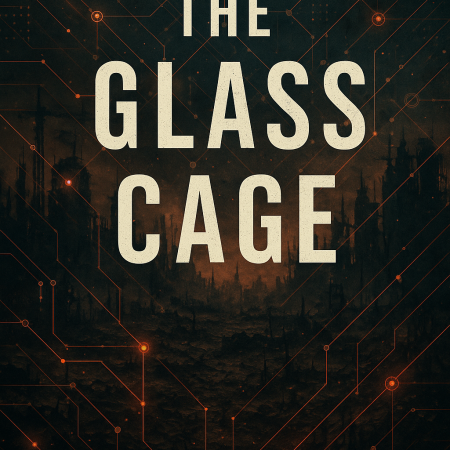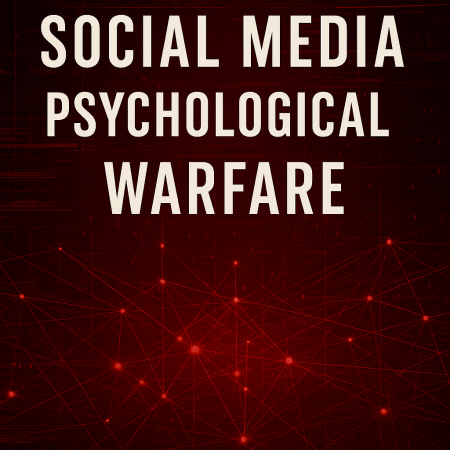Description
The internet is dying—and most people don’t even realize it.
In 2024, automated traffic surpassed human activity online for the first time in history. By 2026, experts predict that 90% of all internet content will be generated by artificial intelligence. The web that once connected humanity has become a vast machine talking to itself, while real human voices disappear into the digital void.
The Dead Internet Theory reveals the shocking transformation happening beneath our feeds, searches, and social media interactions. Investigative journalist and digital culture researcher [Author Name] exposes how:
- 74% of new web pages already contain AI-generated content—from news articles to product reviews to social media posts
- Bots now generate more traffic than humans on the platforms you use every day
- Your favorite “influencers” might be entirely artificial, designed by algorithms to maximize engagement
- Human creators are being systematically replaced by AI systems that can produce content faster, cheaper, and more efficiently
- The original human internet is literally disappearing through “link rot”—with 38% of websites from 2013 now completely inaccessible
But this isn’t just about technology—it’s about the death of authentic human culture online. When AI generates most of what we read, watch, and share, what happens to genuine human creativity, knowledge, and connection?
Drawing on exclusive research, leaked industry documents, and interviews with researchers, creators, and tech insiders, this book traces the Dead Internet Theory from its origins on obscure forums to its emergence as documented reality. You’ll discover the economic forces driving this transformation, the failed attempts at regulation, and the underground resistance movements fighting to preserve human digital culture.
This is the story of the greatest communication revolution since the printing press—except this time, humans aren’t doing the communicating.
Whether you’re a concerned parent, digital professional, policy maker, or anyone who has felt that something fundamental has changed about online spaces, this book provides the framework for understanding what we’ve lost and what we might still save.
The internet as we knew it is dead. The question is: what will we build in its place?
